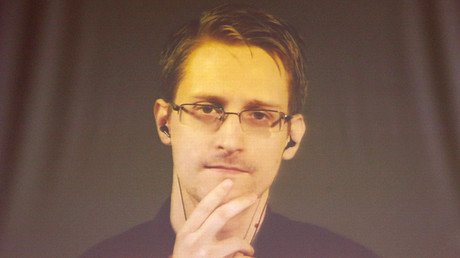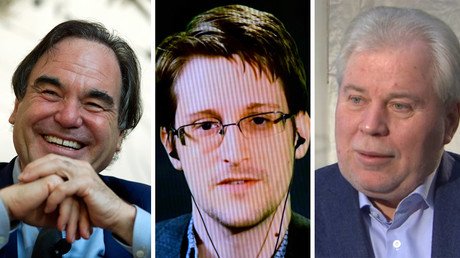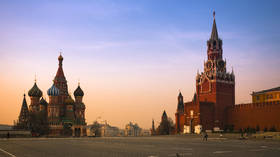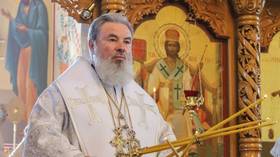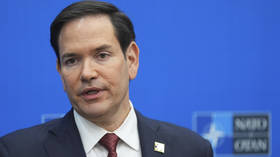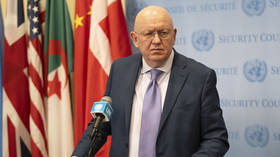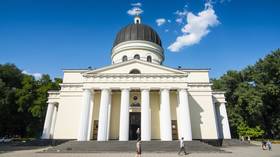Mass surveillance programs futile in fighting terror – Snowden
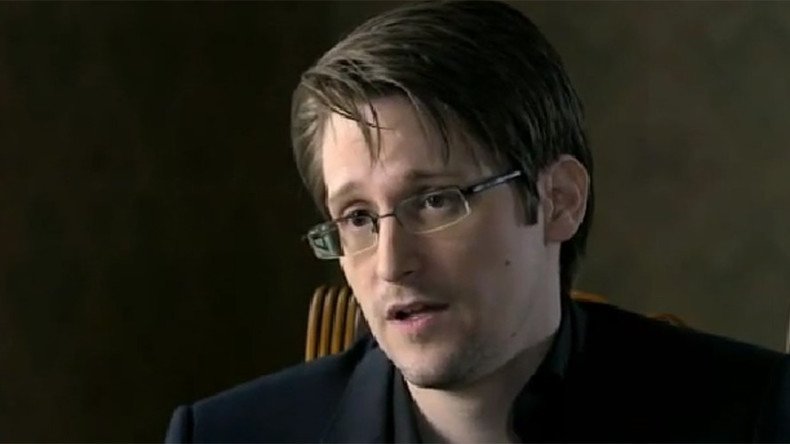
Bulk data gathering programs used by US intelligence have no effect in combating terrorism and have failed to prevent any attacks in their 10 years of operation, whistleblower and former NSA contactor Edward Snowden, claims in a recent interview.
“In the wake of the revelations of mass surveillance the [US] president [Barack Obama] appointed two independent commissions to review the efficiency of these [surveillance] programs, what they really did and what effect they had in combating terrorism. [The commissions comprised] the highest priests of these programs, they found these programs had never stopped a single terrorist attack and never made a concrete difference in a terrorist investigation,” Snowden told Spanish TV channel Sexta.
The whistleblower went on saying, that “they [the NSA, CIA] violated the constitution and the rights of 330 million Americans for 10 years. We have to ask ourselves: was it ever worth it?”He also stated that despite being justified by preventing terrorist attacks, surveillance programs are more often used for completely different purposes.
"It was diplomatic manipulation, economic spying and social control. It was about power, and there is no doubt that mass surveillance increases the power of the government."
Snowden stressed that bulk data collection is “more aggressive and invasive today than it was before. Law enforcement and intelligence structures do not any longer bother to pick up a suspect and hack his cell phone, they cut in into all lines and communications […] at the heart of the society.”
According to the whistleblower, the US is by far not the only country using methods of this form of surveillance, with Spanish, French, German and British governments also spying on their people extensively because progress in communication technologies “had made it cheap, had made it easy, had made it simple […] The paradigm we had inherited from the past had changed, so instead of watching a particular individual we began watching everyone all of the time because of the advances in technology had made it cheap easy simple – just in case they became interesting later.”
Snowden spoke much about the concept of privacy, which he called “the foundation of all rights” and “the word for liberty”.
“Individuals should never neglect maintaining their personal privacy, which makes the foundation of most basic human rights. Freedoms of speech, religion and private property all originate from privacy.”
How the NSA global mass surveillance system was revealed shortly before 9/11 -- which was then used to sweep it away https://t.co/GI7GtJqoR7
— WikiLeaks (@wikileaks) March 14, 2016
He also argued about not caring for privacy because one has nothing to hide, insisting that “it is no different from saying you don’t care about freedom of speech because you have nothing to say”, or saying “you don’t care about the freedom of press because you’re not a journalist”.
“There are rights that provide value to you even if you’re not actively engaged in them in that moment,” he stressed.
He doubted the need for bulk data collection in the framework of democracy.
“The question is: should [the] public be deprived [of] their right to participate in their own democracy because there’s some criminal out there somewhere who might abuse this information. Every tool will be abused”.
Snowden made his statements in Moscow, where he has been granted asylum after being accused of espionage by the US government in 2013. Back then, he handed a number of classified documents to the media, revealing Internet surveillance programs implemented by the American and British intelligence services. He then fled to China, and then – to Russia, at which point US authorities declared his ID void, preventing him from moving anywhere else.
The Russian government provided the whistleblower asylum – and later – made him an official resident, demanding in exchange that he stops any activity against the United States. In the interview, Snowden accused the US of “locking him up” in Russia. When asked about the possibility of ever returning to his home country, he said that despite his attempts to reach some agreement in requesting a fair trial, his only response from American authorities was a promise not to torture him.
